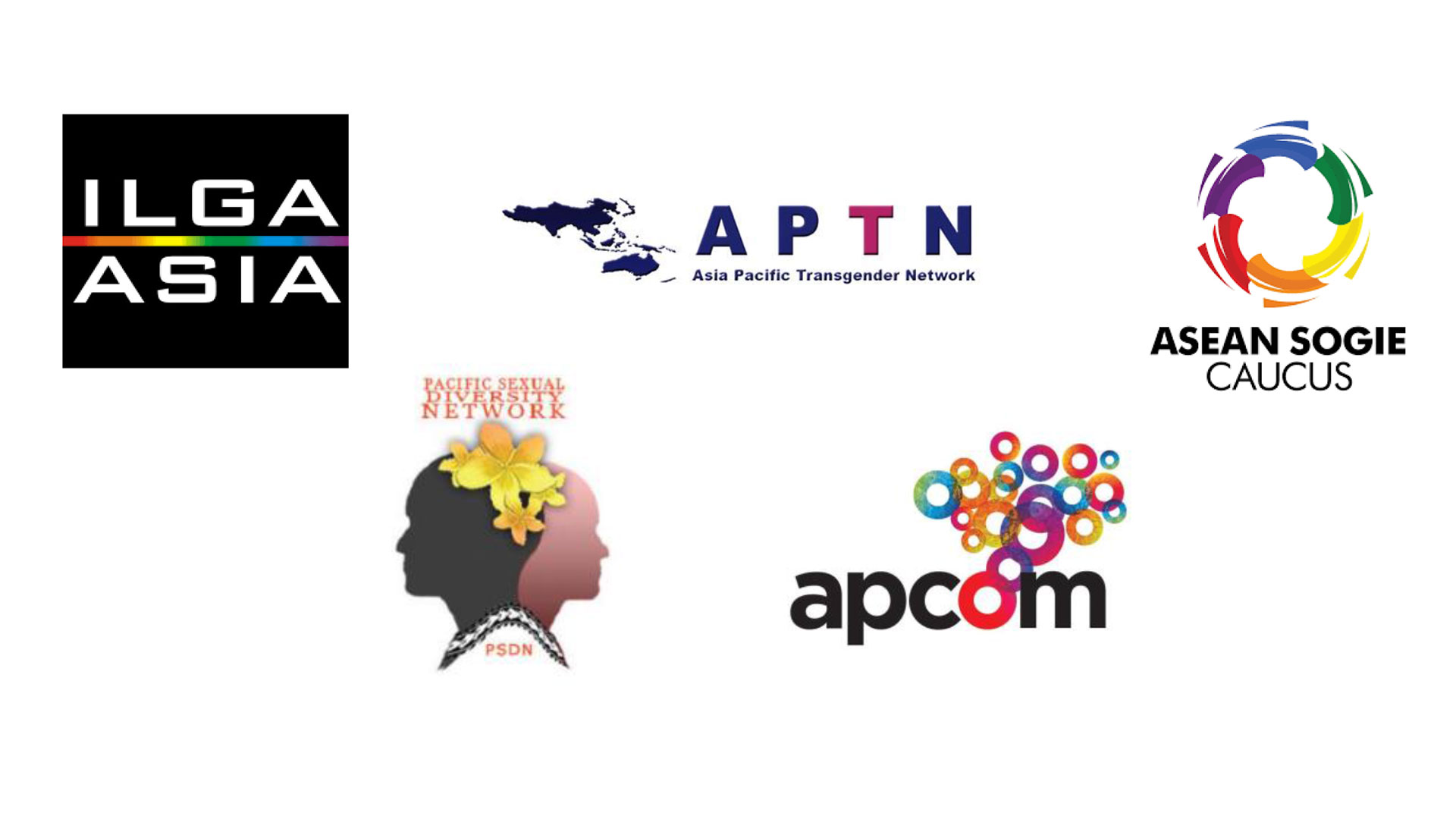
LGBTI activists from Asia and the Pacific welcome the decision of the Third Committee of the UN General Assembly (UNGA) on the protection of the human rights of LGBTI people around the world, while reaffirming the legitimate mandates of the Human Rights Council. On 21 November, the UNGA rejected a move that aims to weaken the legitimately established Independent Expert on Sexual Orientation and Gender Identity (IESOGI). Resolution A/C.3/71/L.46 (2016) proposed to postpone the IESOGI mandate pending UN investigation into the lawfulness of the Expert. This would have effectively caused serious repercussions on the IESOGI to perform his role in protecting the rights of LGBTI persons and halted all efforts of the Expert indefinitely.
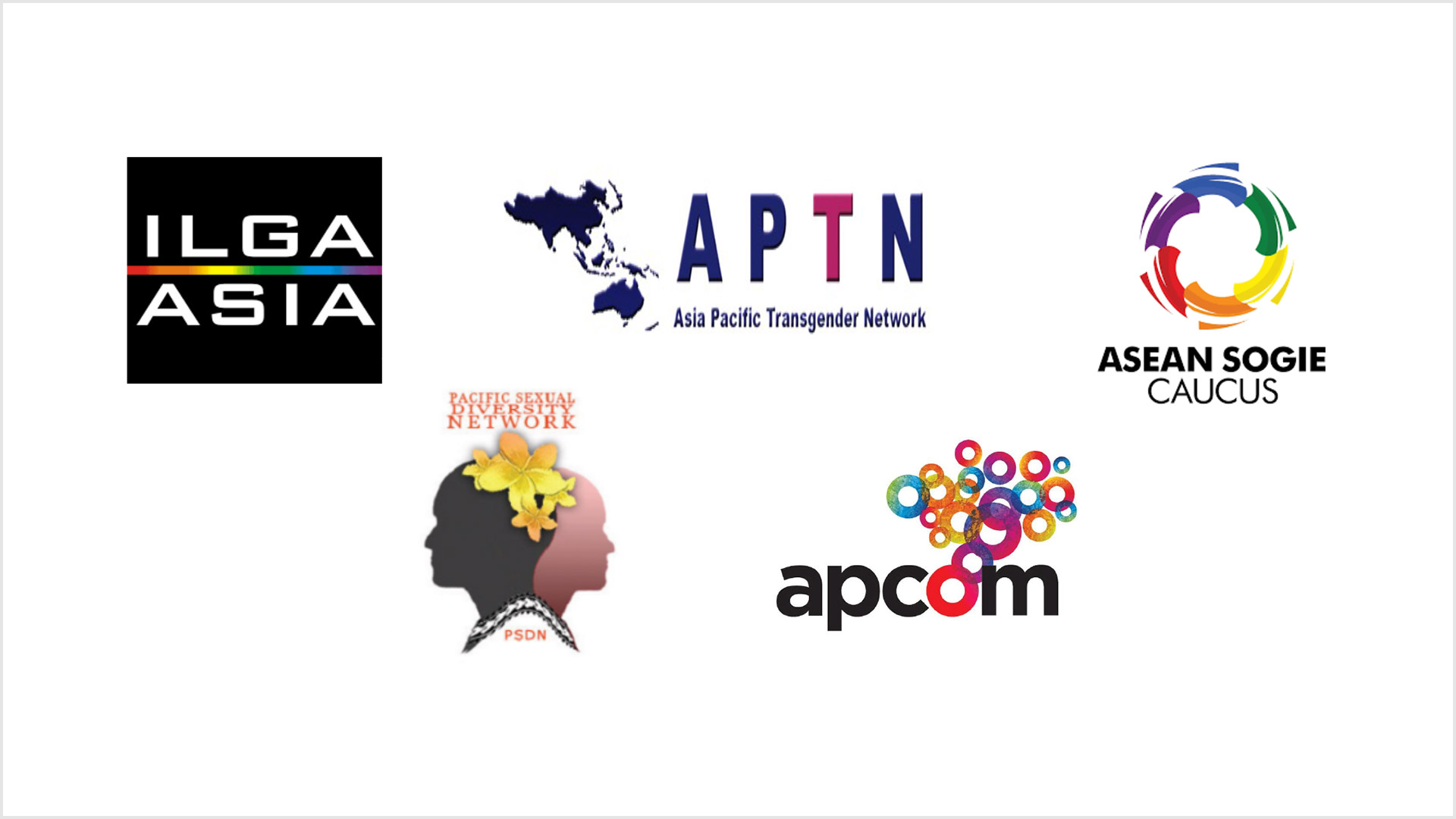
On June 30th 2016 the United Nation Human Rights Council for the first time adopted the HRC resolution 32/2 on protection against violence and discrimination based on sexual orientation and gender identity, a remarkable milestone for LGBTIQ persons and communities around the world. The resolution was sponsored by Latin American states including Argentina, Brazil, Chile, Colombia, Mexico and Uruguay. With 23 votes in favor, 18 against and 6 abstentions, the resolution also sought to appoint the first Independent Expert (IE) on Sexual Orientation and Gender Identity (SOGI) to address the violence and discrimination based on SOGI. During the 33rd session of the Human Rights Council in September 2016, Prof. Vitit Muntarbhorn professor of law at the Chulalongkorn University in Bangkok, Thailand was appointed as the first IE on SOGIE, and should have commenced his work on 1 November 2016.
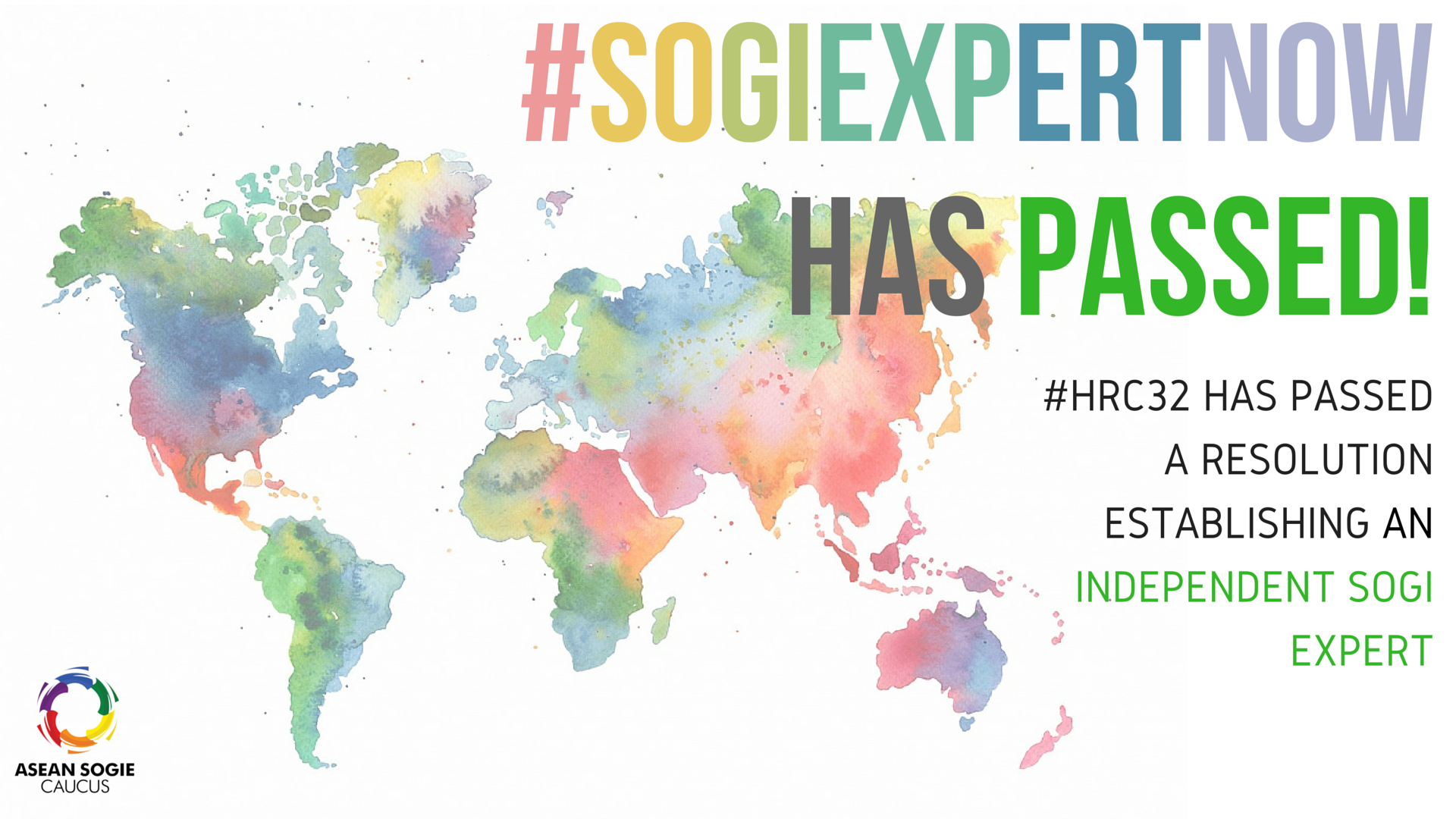
On June 30th 2016, The Human Rights Council of the United Nations join in solidarity with millions of people around the world to reaffirm its commitment to eradicate violence and discrimination toward LGBTI people by voting on the adoption of UN Resolution to establish Independent Expert on Sexual Orientation and Gender Identity (SOGI). The resolution is introduced by the core group of seven Latin American countries: Argentina, Brazil, Chile, Colombia, Costa Rica, Mexico, and Uruguay. Among the human rights council members, 23 states vote in favour, 18 against and 6 abstain on the resolution. Prior to the voting, civil society organizations around the world has stated its support, by conducting a joint campaign participated by 628 organizations from 151 countries, to the Council to adopt the resolution. The Independent Expert will have strategic roles in raising awareness of violence and discrimination based on sexual orientation and gender identity, assessing implementation of existing human rights law, identifying gap and best practices, engaging in dialogue and consultation with States and other stakeholders, and facilitating provision of advisory services, technical assistance, capacity building and cooperation to help address violence and discrimination on these grounds. This is a historical moment that will enlighten the struggle to abolish discrimination and violence against LGBTI around the world.
Among the council members from Asia, only South Korea, Vietnam and Mongolia have voted yes. Philippines that previously vote for yes in the UN Resolution 2014 have changed their stance and vote to abstain in the resolution. Indonesia, together with the OIC countries, remains against the resolution and have voted no. Reflecting on this situation, the ASEAN SOGIE Caucus would like to convey our messages:
We sincerely hope that our voices will be louder and be heard within the global discourses through the adoption of this resolution. We look forward to work hand in hand with the mandate holder of Independent Expert on SOGI.
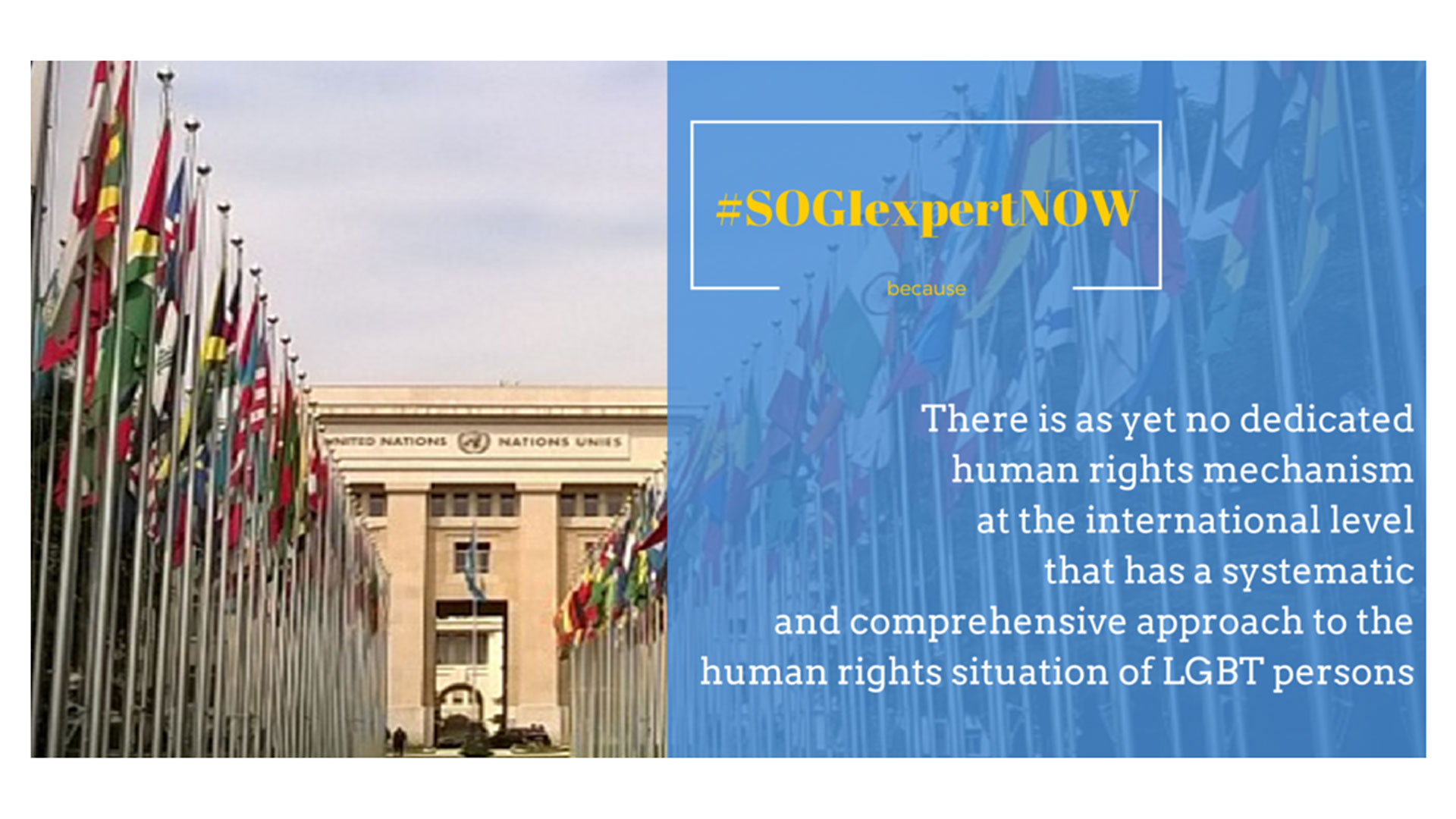
ASEAN SOGIE Caucus is urging the human rights advocates in Asia to join the call for action to support the UN Human Rights Council Resolution to establish a UN Independent Expert on sexual orientation and gender identity (SOGI). We believe that the task of the expert will bring greater attention on the violation of human rights based on SOGI.
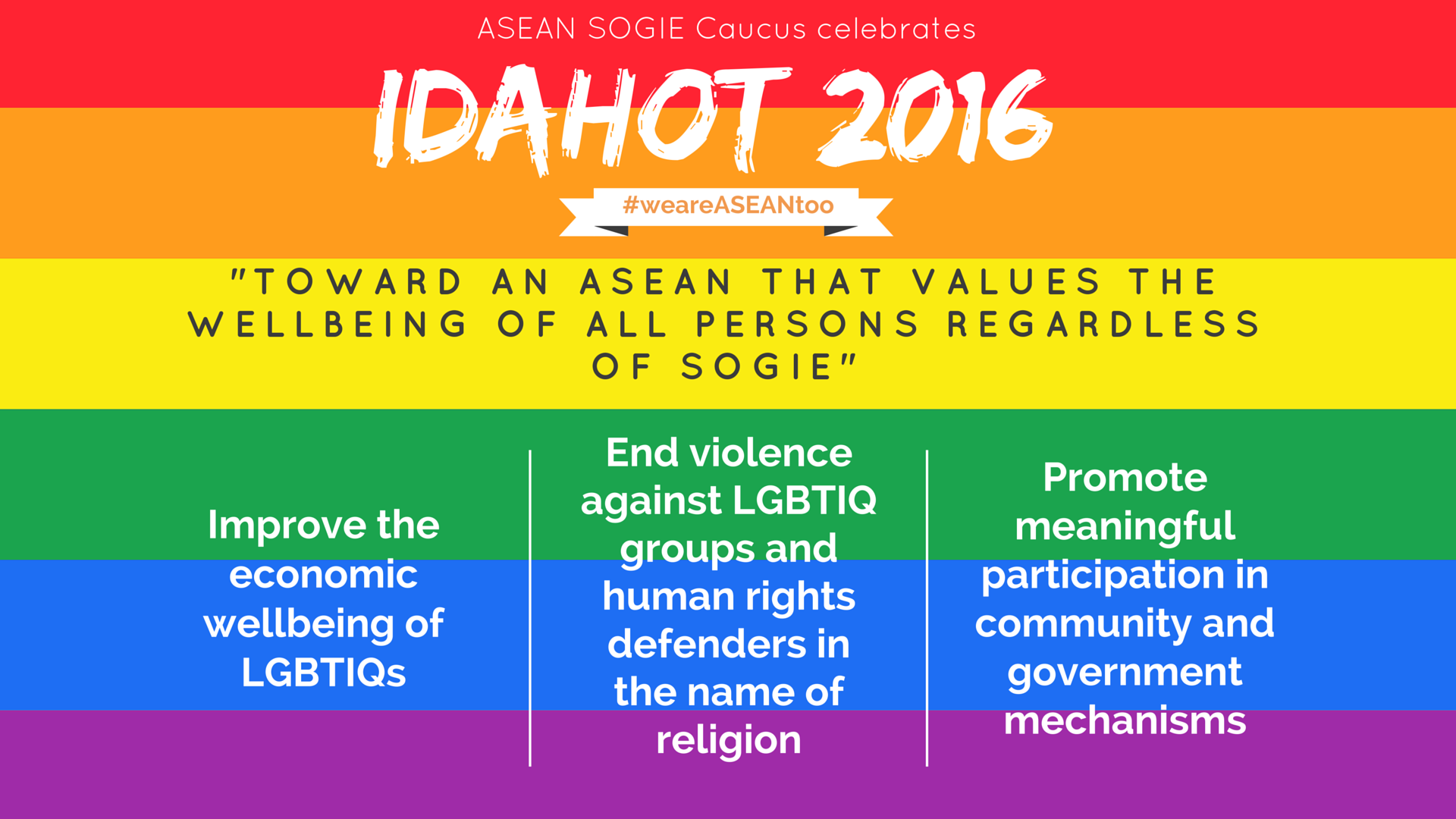
The ASEAN SOGIE Caucus joins the LGBTIQ community as we celebrate this year’s International Day Against Homophobia and Transphobia (IDAHOT) this 17th of May. In parallel with 2016’s global focus issue, Mental Health and Wellbeing, ASC expresses its full support for the promotion of the overall welfare of LGBTIQ in the Southeast Asian region. With its diverse nations and cultures, LGBTIQ in Southeast Asia have a wide variety of concerns with regard to wellbeing. Aside from pathologization due to widespread homophobia and transphobia, LGBTIQs in the region also face lack of protection from attacks by oppressive religious and political groups, as well as socio-economic barriers that prevent them from living full, well-rounded lives.
The ASC puts forward three main areas wherein LGBTIQ wellbeing can be fully improved upon:
1. Improve the economic wellbeing of LGBTIQs:
We urge the governments in the region to take initiatives to end economic marginalization of LGBTIQs, and implement measures to address poverty and economic disparity caused by discrimination. Poverty and homelessness are widespread amongst LGBTIQs because of lack of employment opportunities and being driven away from homes by homophobic and transphobic families and communities. Policies that address the issue of discrimination in the workplace would go a long way toward helping LGBTIQs empower themselves economically and find a better sense of self-value as members of their communities.
2. End violence against LGBTIQ groups and human rights defenders in the name of religion:
The early months of 2016 bore witness to several events wherein the safety and welfare of LGBTIQs and activists have been challenged by oppressive groups. Many of this happened in Indonesia, wherein political officials have made statements against the existence of LGBTIQ groups in universities, an Islamic boarding school for transgender women or waria was forced to closed by local authorities, and the Indonesian Broadcasting Company released a statement forbidding “cross-dressing” and “effeminate” males from appearing in their television programs.
In Malaysia, transgender women have also repeatedly faced oppression, most notably this March 2016 wherein 12 trans women were arrested and detained under charges of violating a law prohibiting males-assigned-at-birth from dressing as women. These incidents are only some of the manifestations of the continuous social and political oppression in many ASEAN countries where LGBTIQs are criminalized and/or viewed as taboo.
The ASC recommends that ASEAN governments take action in ensuring the safety of LGBTIQs and human rights defenders from extremist groups, starting from within the local communities and academes where many of them are vulnerable to attacks.
3. Promote meaningful participation in community and government mechanisms:
Aside from economic security and safety from oppressive groups, LGBTIQs also need to be able to have a strong voice in policy formation in both local and regional mechanisms. Without proper representation, LGBTIQs would not be able to see their own needs and concerns included in the ASEAN policy-making agenda. One of ASC’s priority areas for years 2016 to 2019 is integrating SOGIE in the ASEAN’s efforts toward fulfilling the Sustainable Development Goals (SDGs). With this, the organization would like to join local and regional efforts to mainstream SOGIE concerns by finding avenues for inclusion of LGBTIQ issues in policies created under the SDGs.
The ASC calls upon both the governments and activist groups in the region to work together toward creating an ASEAN that values the wellbeing of each and every citizen regardless of their SOGIE. We recommend that governments make the necessary efforts toward protecting the socio-economic and political rights of its LGBTIQ constituents. This can be done through enacting relevant local policies that address systematic discrimination and outright harmful attacks. We also would like to encourage local and regional LGBTIQ rights defenders to give greater effort toward using all available mechanisms to engage international governments such as the UN Human Rights Council. This would go a long way toward mainstreaming the issues experienced by LGBTIQs in regional and local policies.
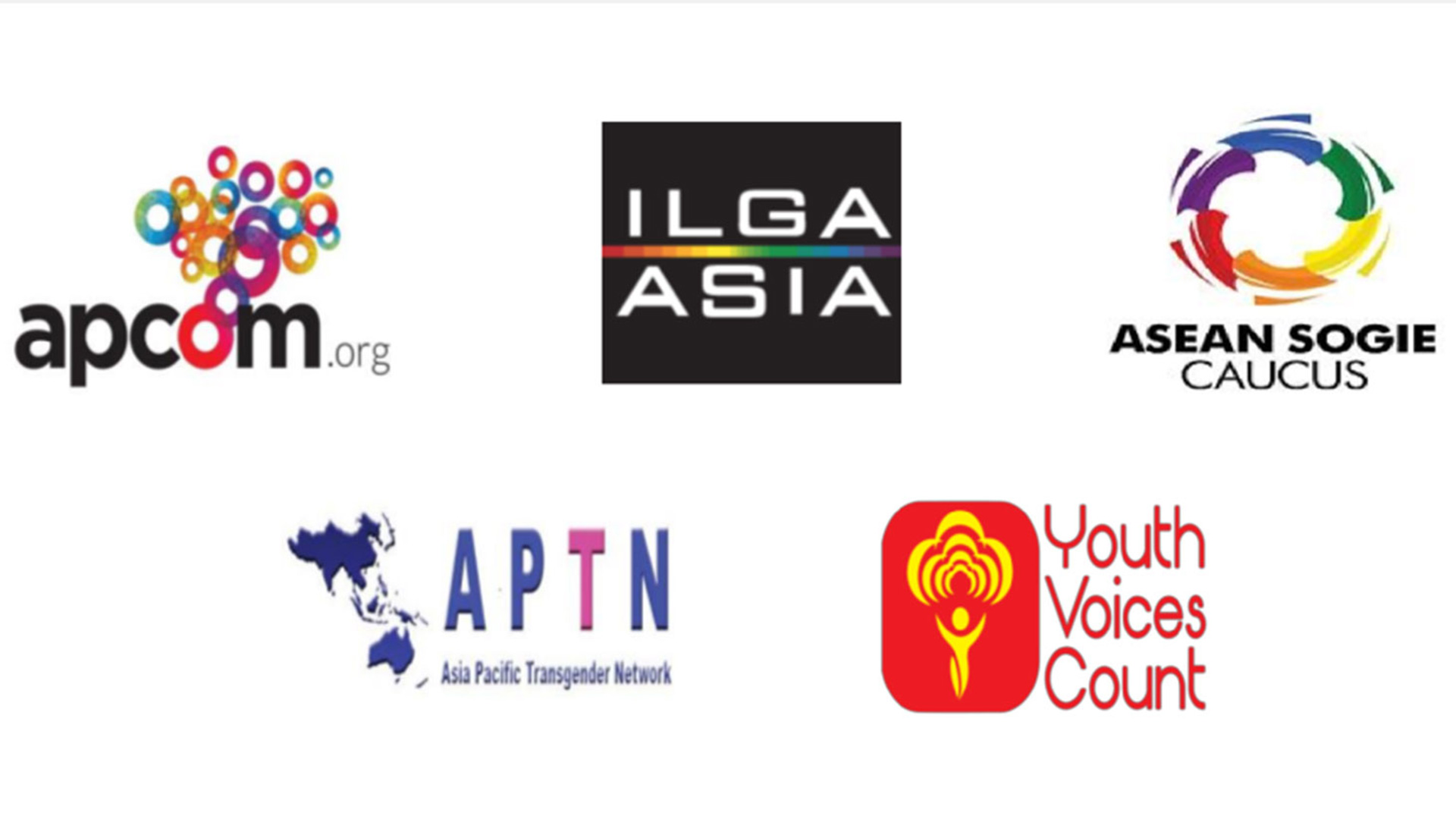
We, civil society organizations and human rights defenders, express deep concern about the recent deteriorating situation faced by the Lesbian, Gay, Bisexual, Trans, Intersex, Queer (LGBTIQ) community in Indonesia. We express grave disappointment over the Indonesian government’s lack of political will to put a stop to the wave of discriminatory statements and attacks against LGBTIQ persons, and its failure to ensure their safety and protection. We call on the Indonesian government to respect, protect and promote the human rights of LGBTIQ people.
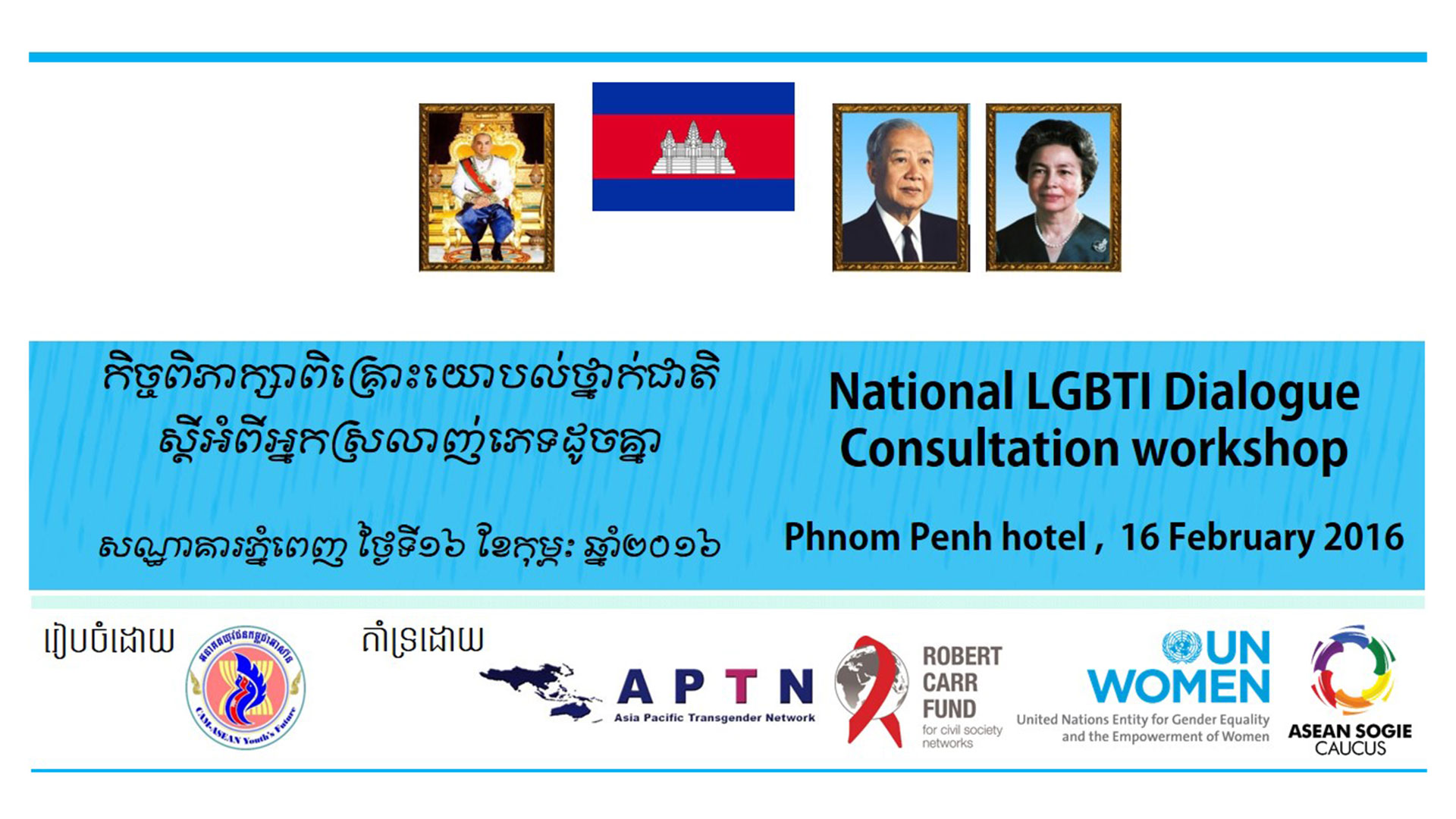
ASEAN SOGIE Caucus expresses support for CamASEAN, the LGBTI community in Cambodia and other stakeholders in the conduct of the National LGBTI Consultation and Dialogue. We believe that spaces where open and sincere conversations between civil society, government and other stakeholders are vital towards effective protection and promotion of LGBTI rights.
We acknowledge the steps undertaken by the Cambodian government in addressing the rights of LGBTI persons.
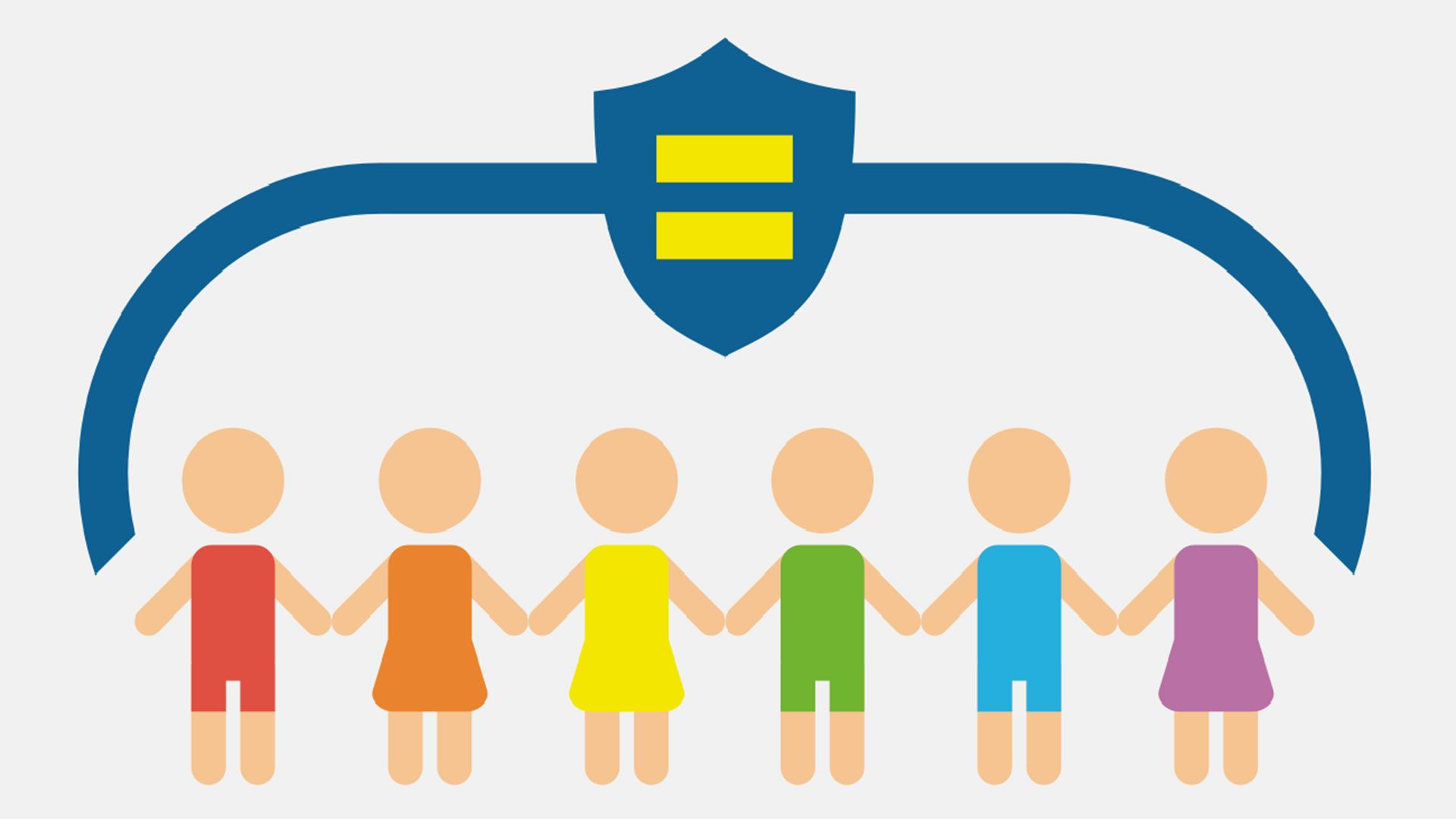
ASC expresses concern over the recent discriminatory remarks of Indonesian Education ministers. We urge government to create safe spaces where LGBTIQ students can learn, do research and share information.
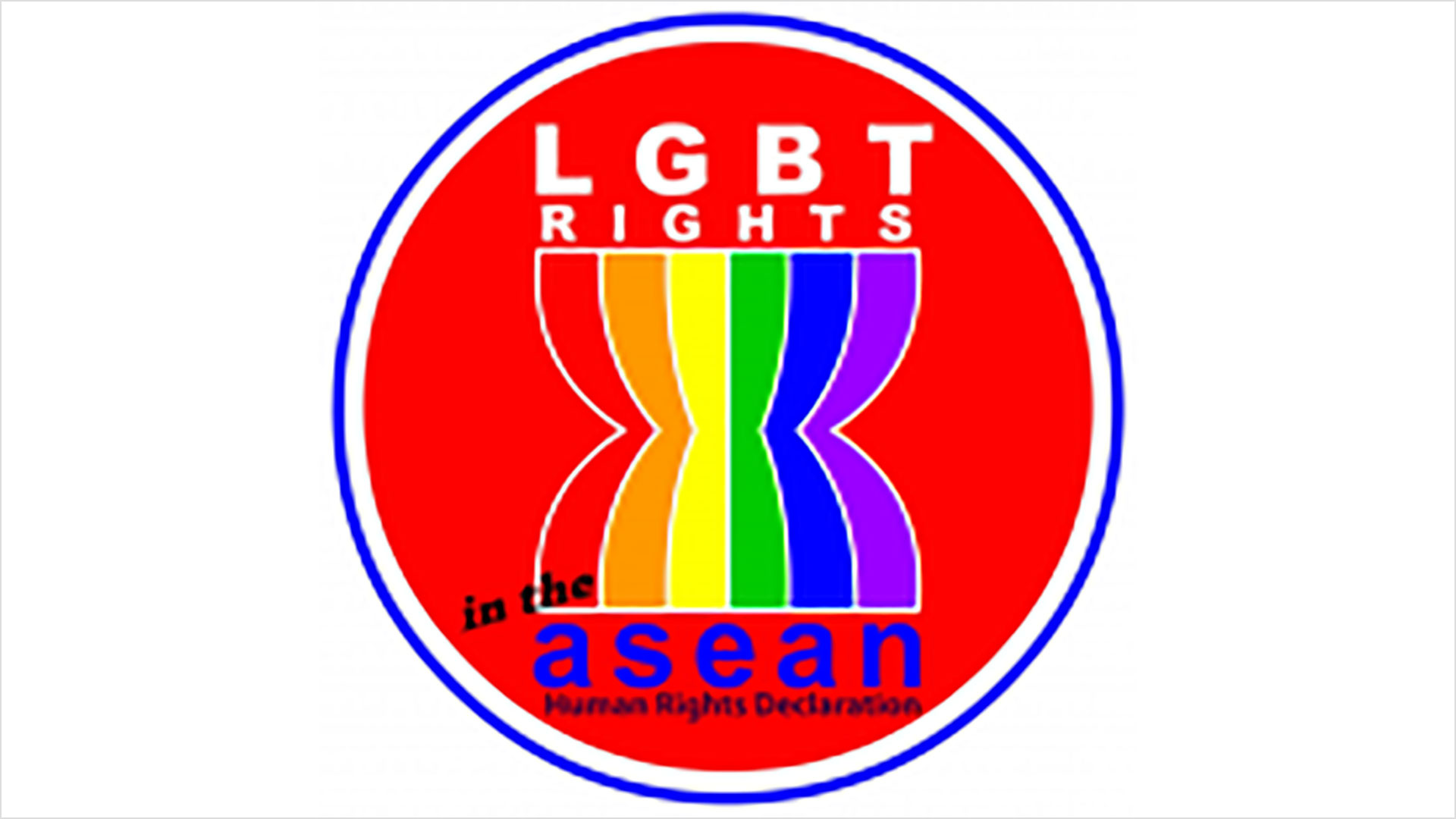
The ASEAN SOGIE Caucus (ASC) remains highly critical of the recently adopted ASEAN Community Vision 2025.
Certainly, we applaud the goal of working towards a people-centered and people-oriented ASEAN. Millions of diverse ASEAN peoples are key stakeholders in this vision, and must actively participate in realising the various strategies and programs that are part of this long-term project.
Nevertheless, we note that ASEAN has consistently failed its responsibilities as a truly people-centered and people-oriented regional community, due to its refusal to recognise and affirm the principles of inclusivity and non-discrimination.
We believe that all persons belonging to marginalised groups and identities are entitled to human rights and fundamental freedoms on the basis of substantive equality. This protects communities who suffer discrimination based on race, ethnicity, religion, and other status. It also applies to those who are oppressed due to their sexual orientation and gender identity and expression (SOGIE).